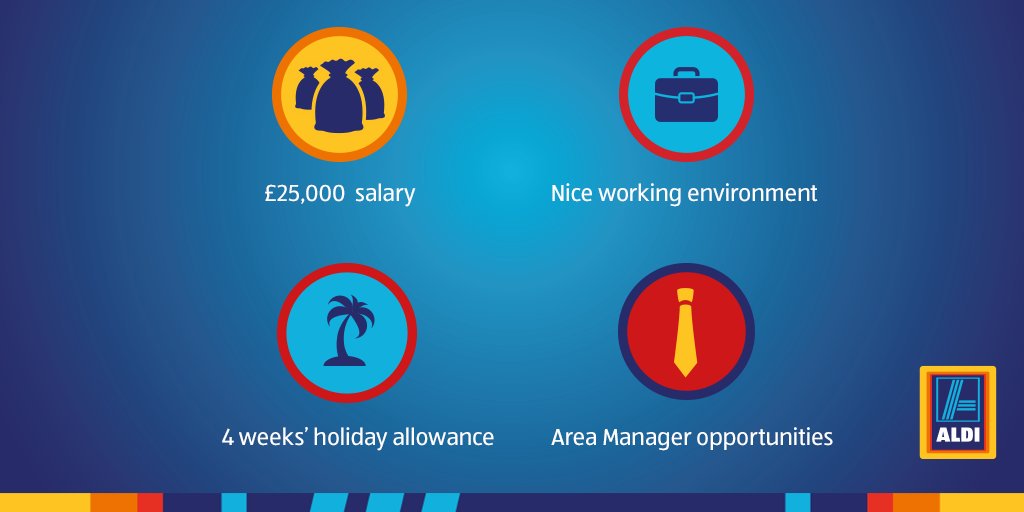Nowadays, every University and every course seems to be offering a placement year. Whilst there are obvious benefits to doing one, is it really necessary? Does the good outweigh the bad? Well, that all depends on what you want to do! Just by reading this blog, it’s clear that you have an interest in becoming an entrepreneur. Instantly, you might therefore assume that a placement year would be a waste of time for you.
The same can be said for those of you who are already entrepreneurs. I’m going to be completely honest and say that overall it’s a very difficult decision. It depends on a lot of factors other than the ones I talk about below, but hopefully this post will be of some help.
How it can help you as an entrepreneur
A placement year, whilst leaning itself more towards the pursuit of a corporate career, can actually help budding entrepreneurs substantially. A key takeaway from going on a placement year is the experience you get (assuming that you won’t be fetching teas and coffees). Experiencing how an established business operates first-hand is incredibly useful, particularly if you want to start your own business.
If your placement is in an industry in which you would like to start a business in, consider the business you are working in to be something akin to that of an end goal for your own business. Take note of the processes in place which help make the business successful. Can you identify any areas of improvement for these processes? Good. Implement them in your own business. But what if you can’t identify any areas for improvement? Then take note of their strengths! What do they do well? How do they do this well? This can eventually be replicated in your own business when the time comes.
Even if the business you want to start isn’t in the same industry as the business you are doing your placement year in, keep in mind that a lot of what makes businesses successful aren’t unique to the industry of the business. The principles are the same regardless of the industry.
Don’t forget that doing a placement year can help financially too. The salary of work placements generally range from £14-25k a year with the majority being situated at the lower end of the scale. Aldi smashes this out of the park with the highest salary coming at, you guessed it, £25k.

Whilst in the grand scheme of things the salary of the majority of placements might not seem like much, it can go a long way at this point. If you live like a student (whip out the instant noodles) for this year, you’ll be able to save the majority of this amount.
When you combine this with money saved from your other years at university, this gives you a great boost in starting your own business, although this doesn’t mean that you should dump all of this money into the first idea that you have. Although you don’t necessarily need this money to start a successful business, it definitely can’t hurt. Combine this lump of cash with the newfound experience you gained from your placement year and all of a sudden you’ve got a great foundation to start your own business.
How it can hinder you as an entrepreneur
Despite all the benefits given above, doing a placement year can actually be a hinderance to starting your own business. One thing is for certain, it will delay you actually being able to start your business. It is unlikely that you’ll be able to carry out the two simultaneously considering the long hours of placements. Although this isn’t necessarily a bad thing considering the additional experience you’ll gain, it can present a problem if you already have a business idea that you’re actively pursuing. Will you really still have the same drive for the idea that you have now after a year of work placement? I didn’t think so.
Another problem with doing a placement year is the problem that arises if you’re lucky enough to be offered a place on their graduate scheme after your work placement. This presents a very difficult decision; a decision which could have an impact on the rest of your life. Accepting this would lead you down a corporate career which is obviously not a bad thing if it’s with a good company, but at the same time you’re effectively choosing a corporate career over being an entrepreneur, at least for the foreseeable future.
Whilst there’s no harm in pursuing entrepreneurial ventures in 10, 20, or even 30 years from now, it becomes a lot harder the older you get. The stability that a corporate job offers is favourable when compared to the initially unstable role of starting a company. The more obligations you have, the higher the appeal of this stability. A mortgage with a wife (or husband!) and kids is a good example of this. Would you really risk not being able to pay the mortgage just to start your own business? As a university student, you don’t have any of these obligations which ultimately makes it a lot easier to start your own business.
Final Thoughts
Doing a placement year doesn’t necessarily confine you to a corporate career or starting your own company. Likewise, not doing a placement year doesn’t confine you to either of these. If you’ve started your own business as an alternative to the placement year, this looks just as desirable (if not more desirable) than doing a placement year.
This choice leans you towards certain paths but it doesn’t close off paths. Doing a placement year inherently lends itself to going into a corporate career, but that doesn’t stop someone from starting a business after their placement year. Regardless of what you pick, you’re still flexible enough to pursue either one of these above paths.
The way to make a final decision on this is to consider what you are doing as an alternative to the placement year. Have you already got a business idea in mind that you want to start? A business plan? Great! If you don’t really have any ideas or you’re not confident in your ability to start your own business then a placement year might be the better option. Otherwise, you run the risk of turning down the placement year in favour of doing literally nothing, making it harder for you to get a corporate job and leaving you with no business that you’ve started. Not an ideal situation.
It should also be noted that you’ll have to run your own business during your third academic year. Can you handle this? You’ll have the summer to get the lengthy initial work out of the way before you start university again, but regardless it’s going to be tough.
It’s a difficult decision but I hope that it all works out irrespective of what you choose!

